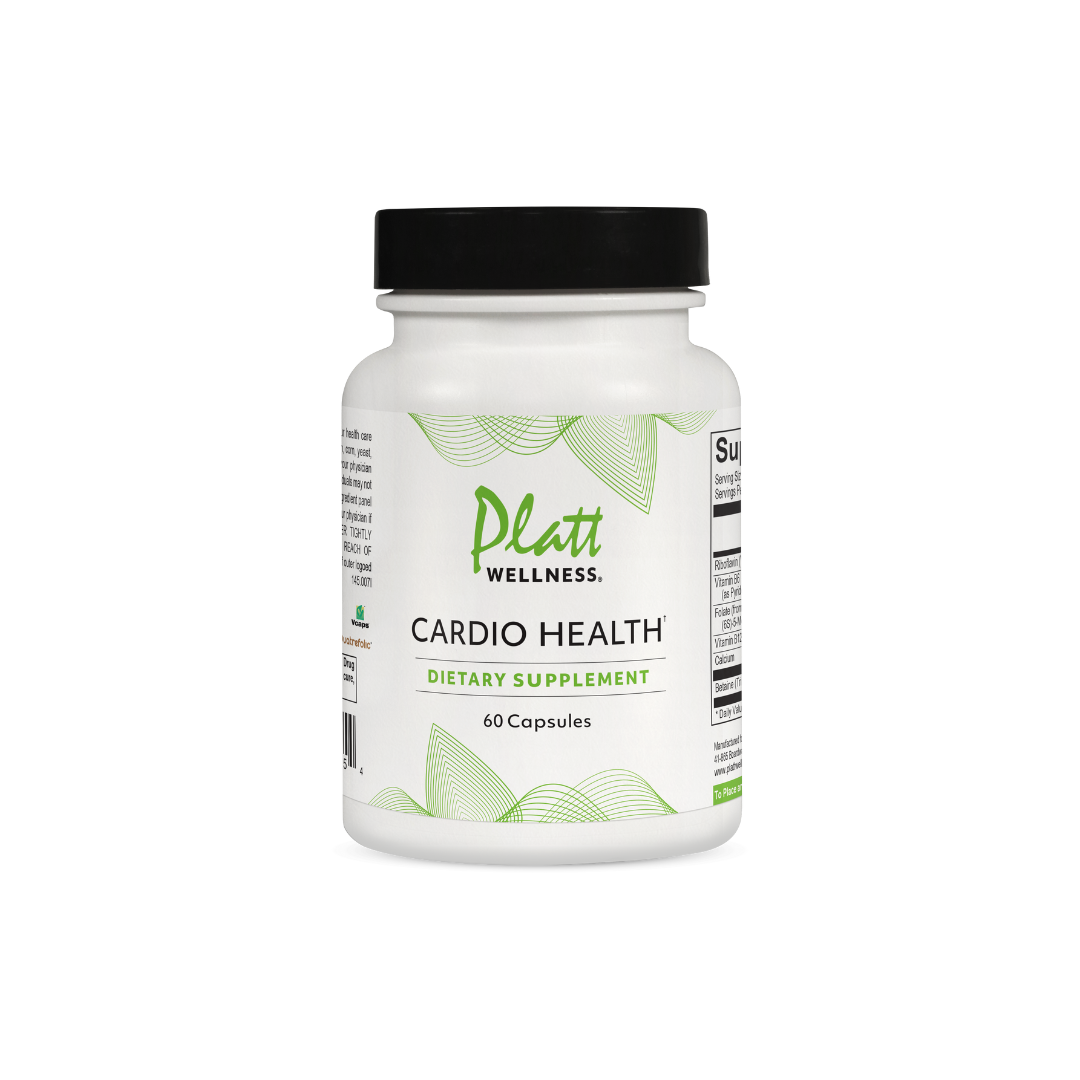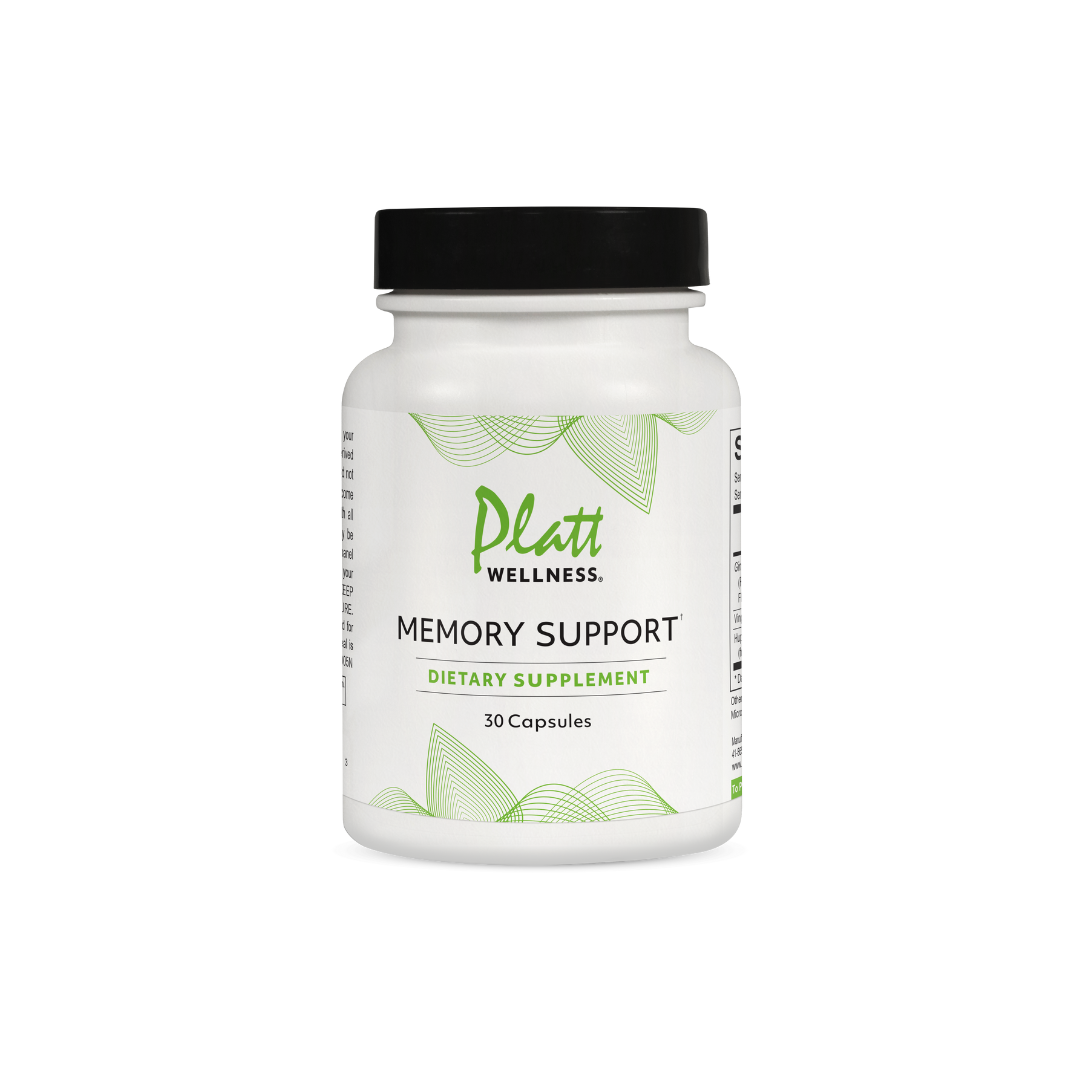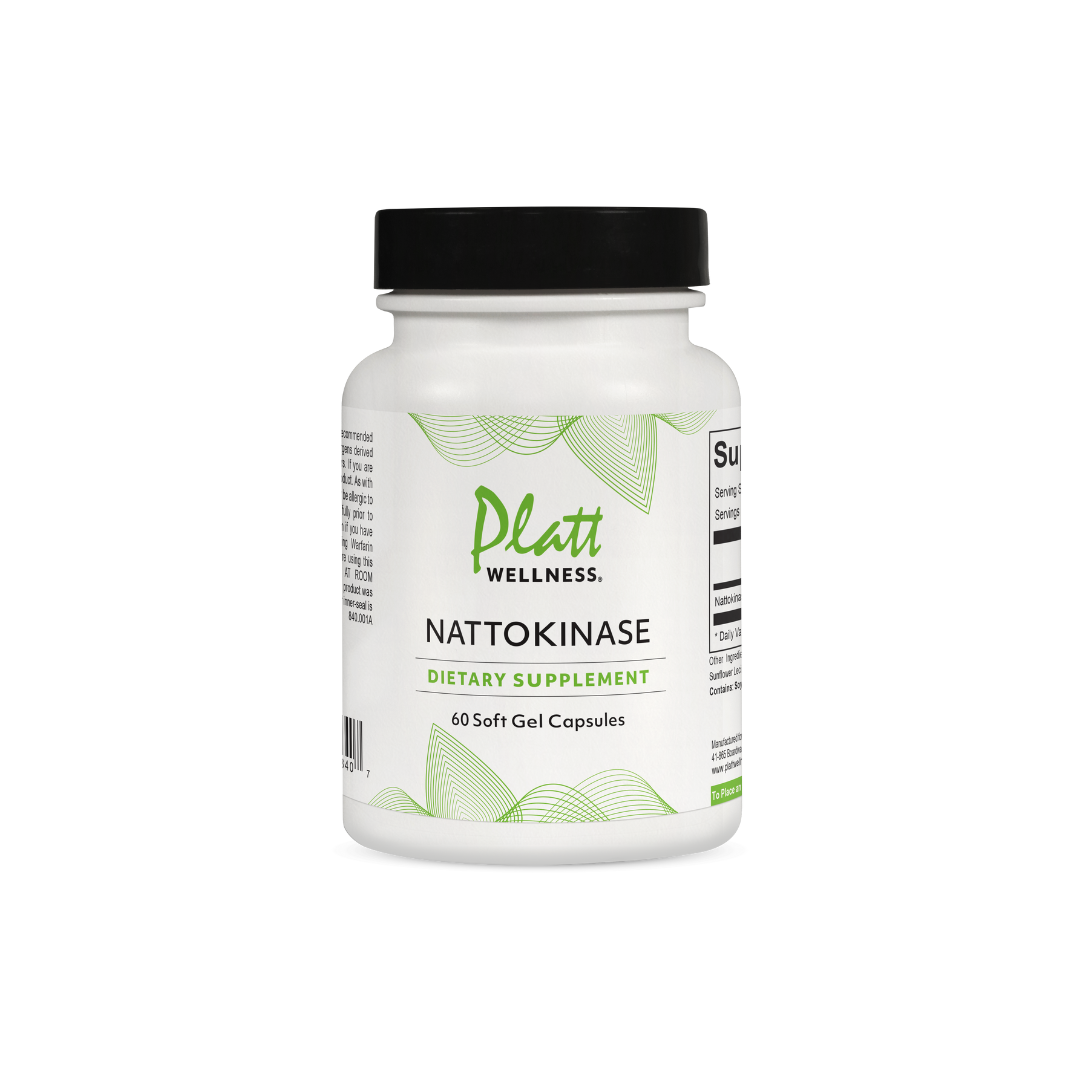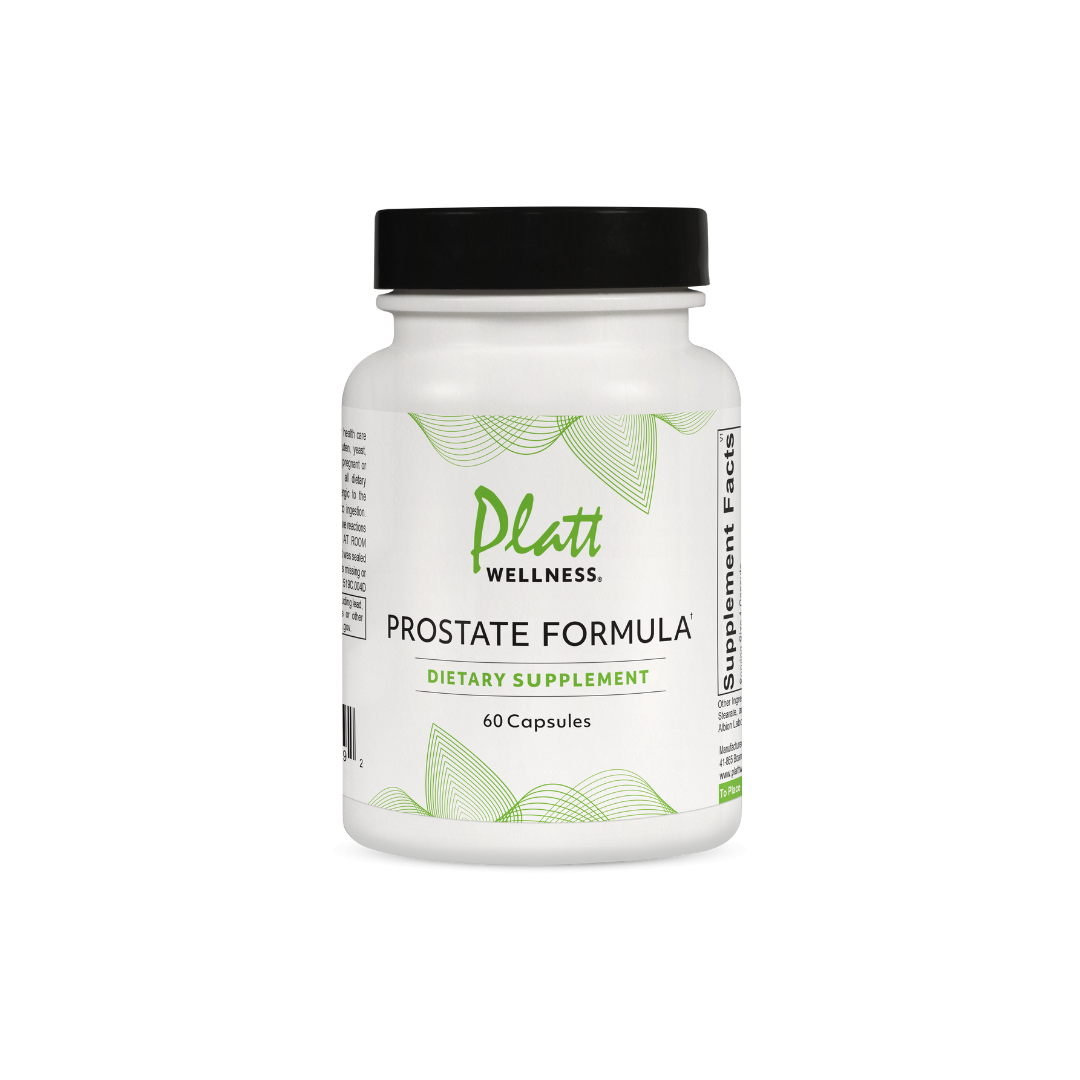Stress and hormonal imbalances are significant contributors to weight gain, often leading to increased fat storage, particularly around the abdomen. Understanding the interplay between stress, hormones, and weight can empower individuals to take effective steps toward achieving and maintaining a healthy weight.
The Role of Stress in Weight Gain
Chronic stress triggers the release of hormones such as adrenaline and cortisol. While adrenaline can temporarily suppress appetite, cortisol increases it, prompting cravings for high-calorie, sugary foods. This hormonal response can lead to overeating and subsequent weight gain. Additionally, cortisol encourages fat storage, especially in the abdominal area, which is associated with greater health risks.
Adrenaline's Dual Impact on Weight
Excess adrenaline, a key component of the body's "fight-or-flight" response, can significantly impact weight management. When adrenaline levels are elevated, the body increases sugar production to supply the brain with necessary fuel. If this sugar is not utilized through physical activity, it is stored as fat, often leading to weight gain. This process can occur even during sleep, as adrenaline levels peak around 2:30 AM, contributing to fat accumulation. Consequently, persistent stress and elevated adrenaline can result in weight gain, even during sleep.
Nighttime Adrenaline and Weight Gain
Elevated nighttime adrenaline levels can disrupt sleep and contribute to weight gain. Symptoms such as tossing and turning, teeth grinding, restless leg syndrome, and frequent urination may indicate high adrenaline during sleep. This nocturnal hormone imbalance not only affects sleep quality but also promotes fat storage, making weight loss efforts more challenging.
To address weight gain associated with excess adrenaline, consider the following strategies:
-
Dietary Adjustments: Incorporate vegetables to provide glucose and include sources of ketones, such as coconut or MCT oil, in your meals. This approach ensures the brain receives adequate fuel, reducing the body's need to produce excess adrenaline.
-
Progesterone Supplementation: Applying a 5% (50 mg per pump) progesterone cream before meals can help block adrenaline receptors and manage insulin levels, thereby controlling adrenaline production.
-
Regular Physical Activity: Engage in consistent exercise to help burn excess sugar produced by adrenaline, preventing its storage as fat.
-
Stress Management: Incorporate relaxation techniques such as meditation, deep breathing exercises, or yoga to reduce stress levels and balance hormone production.
- Adequate Sleep: Ensure sufficient, quality sleep to help regulate hormone production and reduce stress.
By addressing the underlying hormonal imbalances and implementing healthy lifestyle changes, individuals can effectively manage stress-related weight gain and improve overall well-being.
Dr. Platt’s groundbreaking book “Adrenaline Dominance - A Revolutionary Approach to Wellness” compiles three decades of experience treating patients with bio-identical creams and has revealed a ground breaking approach.
We have also created an Adrenaline Dominance Bundle, which includes a meal plan, book and a bottle of Progesterone Cream.
Shop our Adrenaline Dominance Collection: https://plattwellness.com/collections/adrenaline-dominance








